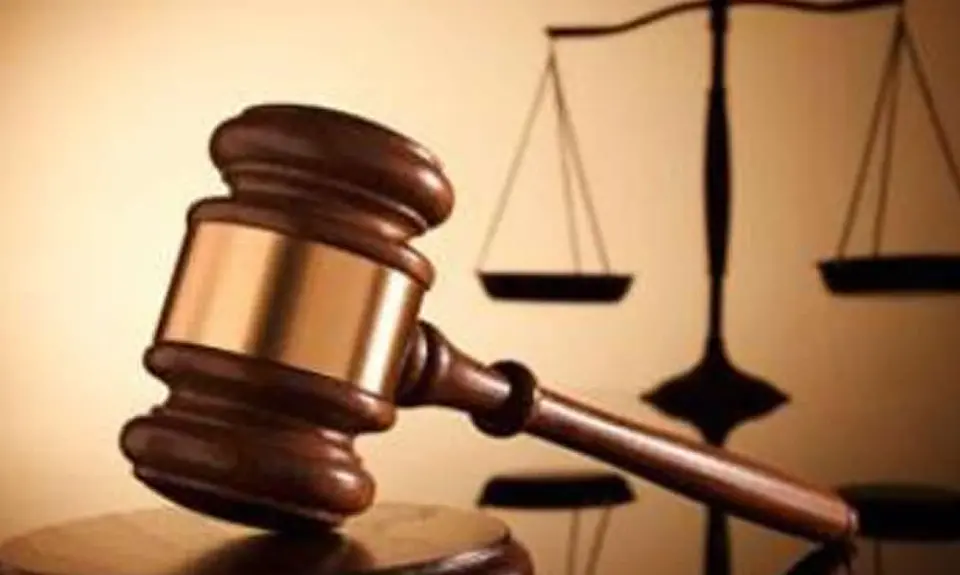“Confirmed Judges, Confirmed Fears” is a blog series documenting the harmful impact of President Trump’s judges on Americans’ rights and liberties. It includes judges nominated in both his first and second terms.
Trump Justices Neil Gorsuch and Brett Kavanaugh cast deciding votes in a 5-4 ruling to vacate lower court orders and approve the Trump Administration’s immediate deportation of Venezuelan immigrants to a notorious prison in El Salvador, although even the majority agreed that due process is necessary for any future such deportations. Justice Amy Coney Barrett partially dissented. The April 2025 ruling, decided on the Court’s emergency or “shadow” docket without full briefing and argument, was in Trump v JGG.
What happened in this case?
As discussed in a previous People For blog, the Trump Administration determined in March to immediately and summarily deport a number of migrants from Venezuela to a prison in El Salvador known for mistreatment of detainees. The action was ordered under a law that advocates contend only applies when the U.S. is under military invasion by a foreign nation: the Alien Enemies Act (AEA), which gives the President authority to order immediate deportations during wartime.
A lawsuit was filed by five individuals on behalf of a class of immigrants that challenged these actions, and federal district judge James Boasberg entered TROs stopping such deportations. As part of the significant controversy that has resulted, the Trump DOJ filed an appeal with the DC Circuit, and asked for an emergency stay of the TROs. In a 2-1 decision, the DC Circuit denied the request for a stay, and the Administration took the case to the Supreme Court on its emergency docket.
How did the Court majority made possible by Gorsuch and Kavanugh decide the case and why is the opinion dangerous?
By a 5-4 vote, made possible by Trump justices Kavanaugh and Gorsuch, the Court granted the government’s motion and vacated Judge Boasberg’s TROs. Although all nine justices agreed that any future such deportees should receive some due process, the majority held that it must come through individual habeas corpus proceedings where the potential deportees are located (in this case, Texas). The majority also did not take action concerning or even criticize the Administration’s prior conduct, including its use of the AEA.
Justice Sotomayor strongly dissented, joined by Justices Kagan and Jackson, and partly by Justice Barrett. Justice Sotomayor made clear that the government’s previous conduct “poses an extraordinary threat to the rule of law,” and that it is “indefensible” that the majority “now rewards the Government for its behavior with discretionary equitable relief” by vacating the decisions below. As she explained, the implication of the government’s position was that even US citizens could be “taken off the streets, forced onto planes, and confined to foreign prisons with no opportunity for redress if judicial review is denied unlawfully before removal.”
All four dissenters criticized the majority for deciding the case summarily on its emergency or shadow docket without full briefing and argument. As Justice Jackson wrote, referring to the Court’s infamous decision upholding the World War II-era internment of Japanese-Americans:
“At least when the Court went off base in the past, it left a record so posterity could see how it went wrong… With more and more of our most significant rulings taking place in the shadows of our emergency docket, today’s Court leaves less and less of a trace. But make no mistake: We are just as wrong now as we have been in the past, with similarly devastating consequences. It just seems we are now less willing to face it.”
The majority opinion made possible by Trump justices Gorsuch and Kavanaugh will obviously harm those summarily deported to the El Salvador prison, where they may well continue to face mistreatment and torture. It also sets yet another bad precedent on the misuse of the Court’s shadow docket, which may well be the source of future rulings upholding harmful Trump misconduct. The case also illustrates the importance of our federal courts to health, welfare and justice and the significance of having fair-minded judges on the federal bench.
